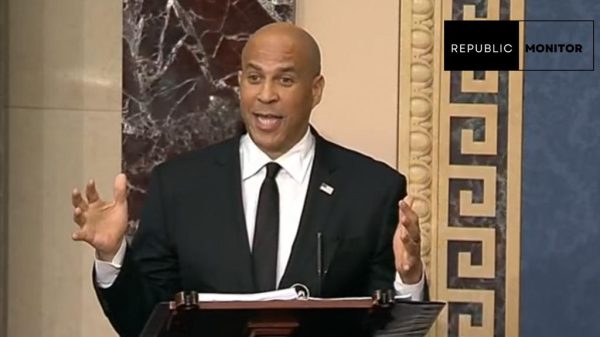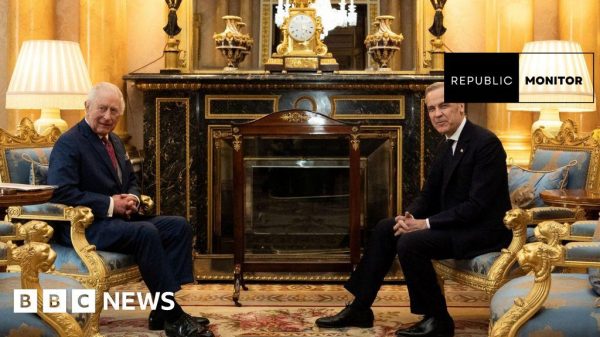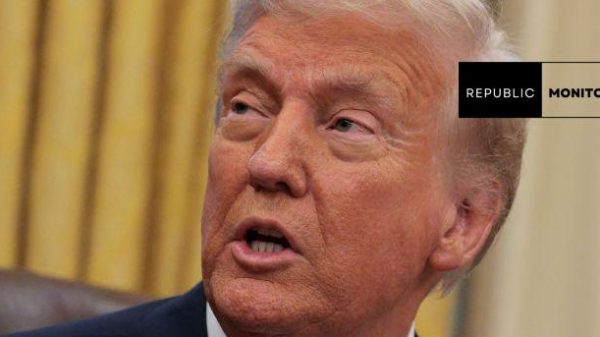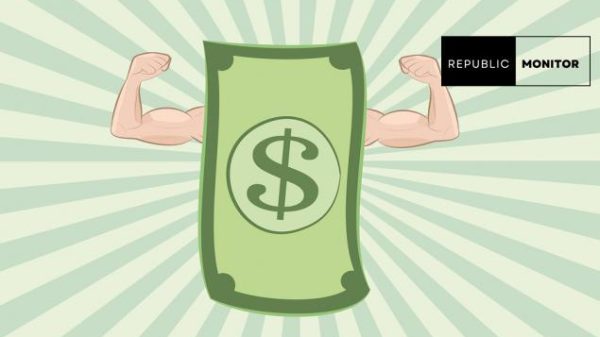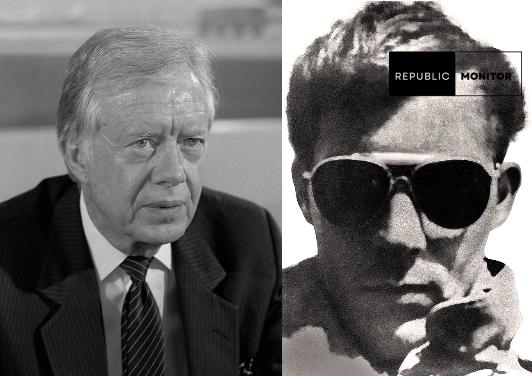Hunter S. Thompson, the father of Gonzo journalism, and former President Jimmy Carter shared moments that intertwined politics with personal reflections on art and society. As we explore their unique relationship, we look back at their encounters, especially around the time Thompson wrote one of his most famous works, *Fear and Loathing on the Campaign Trail ’72*, which still echoes in political journalism today.
51 Years of Thompson’s Iconic Work
This year marks a special anniversary: it’s been 51 years since Thompson published *Fear and Loathing on the Campaign Trail ’72*. This book is not just a collection of stories; it’s a vivid portrayal of the political landscape during the 1972 presidential campaign. Matt Taibbi, a prominent political journalist, considers this book a groundbreaking piece that reflects the harsh realities of American politics.
Thompson’s writing digs deep into the cynicism that clouded the political scene and remains influential even today. It captures the ups and downs of George McGovern’s campaign against the well-known Richard Nixon.
A Meeting of Minds in Georgia
In May 1974, Thompson met Jimmy Carter at the University of Georgia School of Law. At this event, Carter gave a powerful speech that addressed critical issues such as the criminal justice system, a topic Thompson was deeply passionate about. The speech left a lasting impression on Thompson, who saw Carter’s advocacy as a courageous stance against corruption.
The Beat of a Shared Influence
During that famous speech, Carter surprisingly linked his ideas about social justice to the music of Bob Dylan, a singer-songwriter Thompson admired. This connection between music and message resonated with Thompson, a writer who often highlighted the power of culture in his works. It showed how art could reflect societal challenges and inspire change.
Carter’s Legacy
On December 29, 2023, former President Jimmy Carter passed away at the age of 100, leaving behind a remarkable legacy. He served as the 39th president from 1976 to 1981. While his presidency faced many obstacles, including the energy crisis and the Iran hostage situation, Carter’s contributions beyond his term were significant. He dedicated his life to humanitarian efforts through the Carter Center, advocating for peace and education worldwide.
Moreover, his alliance with the rock music community, including artists like Dylan, allowed him to maintain a more relatable image, connecting with young Americans who felt disillusioned by political leadership.
Thompson’s Reflections on Carter
Thompson’s later writings revisited his impressions of Carter, especially the former president’s commitment to honesty and integrity. While Thompson’s own life spiraled into struggles with addiction and disillusionment, he admired Carter’s unwavering focus on human rights and social justice. This contrast speaks volumes about the changing landscape of American politics and the struggle for authentic leadership.
The Enduring Influence of Their Heroes
Through his books and articles, Thompson critiqued the power dynamics of politics, often using humor and satire to convey his messages. His unique style was defined by what he called Gonzo journalism, which emphasized the journalist’s personal experience, blending facts with storytelling. By taking risks in his writing, Thompson aimed to reveal the deeper truths hidden within political narratives.
In a way, both Thompson and Carter challenged the status quo. Carter sought to transform the political landscape for the better while Thompson confronted it with fierce critique. Together, their stories illustrate a time in American history filled with passion, hope, and resistance to corruption.
A Reflection on a Unique Partnership
The connections between Hunter S. Thompson’s journalism and Jimmy Carter’s political values remind us that the fight for truth and social justice is a continuous journey. As we remember both these figures, we see their legacies intertwined in the ongoing quest for a more honest and empathetic society. Their stories teach us about the importance of integrity in politics and the power of art in inspiring change.

